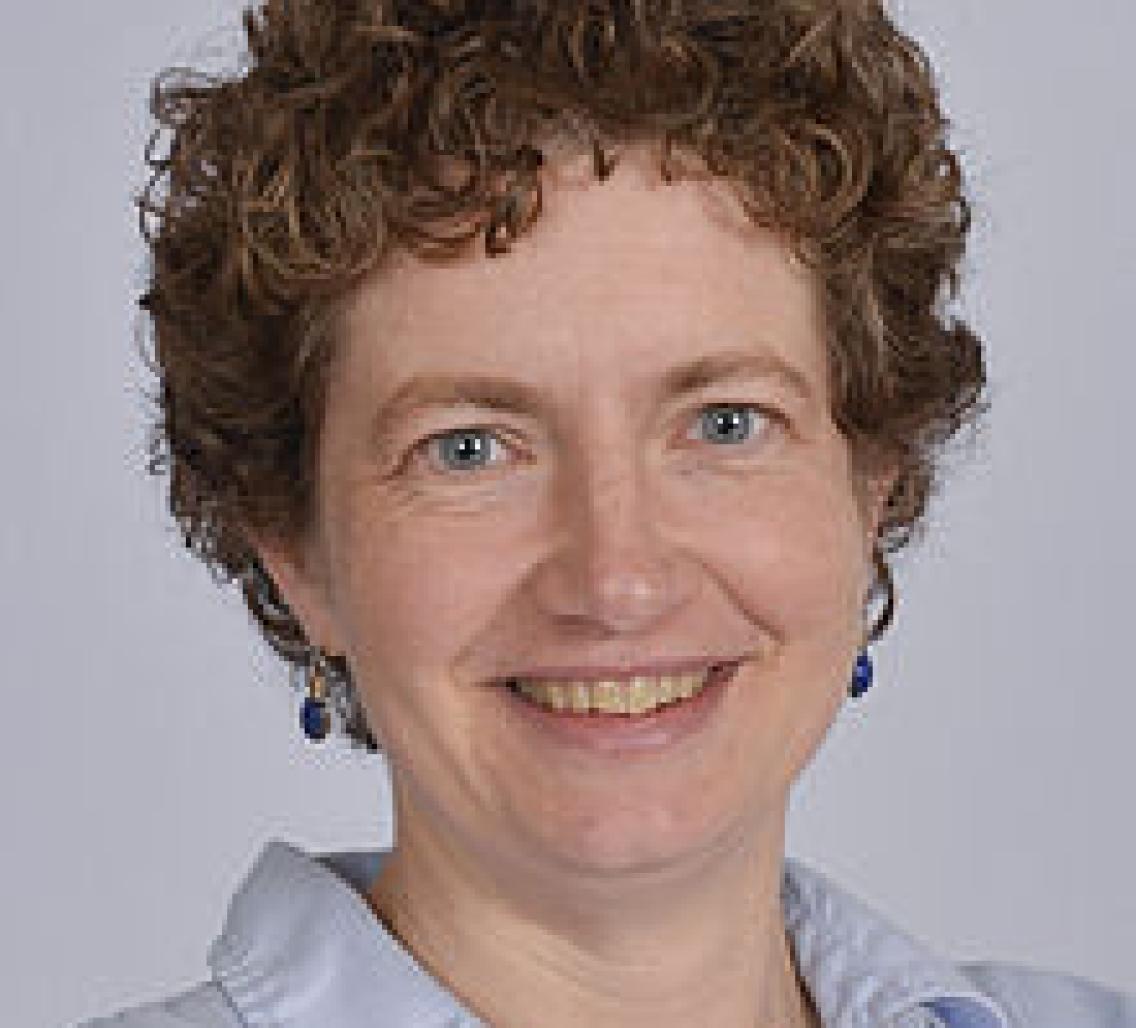Event Details:

Rachel Wilson, PhD
Martin Family Professor of Basic Research in Neurobiology
Professor of Neurobiology
Harvard Medical School
Sensory processing in a small brain
Abstract: The Drosophila brain is a useful model for investigating some of the basic elements of neural computations, as well as their biophysical implementation. The genetic toolbox of the fly allows us to rapidly generate new reagents to label or manipulate specific classes of neurons in the brain. A typical neural circuit in the fly brain contains only dozens or hundreds of neurons. Moreover, it turns out that many individual neurons are uniquely identifiable across flies and have stereotyped connectivity and activity patterns. This stereotypy allows us to build up a cumulative picture of each neuron or neuron class, and to correlate connectivity with activity. Because many neural systems in various species face similar constraints, we believe that some of the lessons we learn from this simple brain will provide clues to understanding analogous problems in more complex brains.
Bio: Rachel I. Wilson is the Martin Family Professor of Basic Research in the Field of Neurobiology at Harvard Medical School. She earned an A.B. in chemistry from Harvard and a Ph.D. in neuroscience from the University of California, San Francisco. She did postdoctoral training at Caltech before joining HMS as an assistant professor in 2004. Her laboratory investigates the fundamental neural computations underlying sensory processing in the Drosophila central nervous system, as well as the biophysical mechanisms that implement those computations. She has served as Associate Director of the Harvard PhD Program in Neuroscience since 2009, and has co-directed the core PhD-level course in systems neuroscience since 2006. Her work in advising junior scientists has been recognized by a Young Mentor Award from HMS. She is the recipient of numerous scientific honors, including a MacArthur Fellowship (2008), the Young Investigator Award for the Society for Neuroscience (2010), membership in the American Academy of Arts and Sciences (2014), and the inaugural Blavatnik National Award in Life Sciences (2014). She has been an Investigator of the Howard Hughes Medical Institute since 2013.